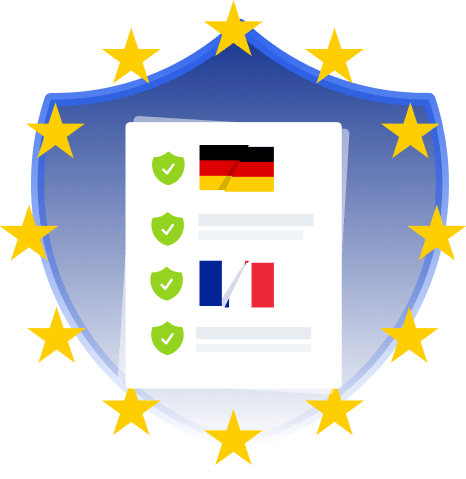Introduction
Data privacy has become a central concern for businesses, governments, and individuals across the globe, especially in the European Union (EU). One of the most significant pieces of legislation in this area is the General Data Protection Regulation (GDPR), which provides comprehensive rules for data protection and privacy. Along with country-specific privacy laws, the GDPR regulates how companies process data, obtain consent, and ensure the protection of personal information. The goal of this article is to provide a detailed overview of the EU consent requirements and data privacy laws by country, focusing on key concepts like personal data, data controllers, data subjects, and personal information protection.
General Data Protection Regulation (GDPR)
The General Data Protection Regulation (GDPR) is the cornerstone of data privacy in the EU. It was implemented in 2018 to create a unified framework for data protection across member states. GDPR regulates the processing of personal data by data controllers and processors. This law defines personal data as any information that relates to an identifiable natural person, referred to as the data subject. Processing of this data must adhere to principles such as lawfulness, fairness, transparency, and data minimization.
GDPR also gives individuals extensive rights over their personal data, such as the right to access, correct, and delete data. Consent plays a critical role, and businesses must ensure they obtain explicit and informed consent from data subjects before processing personal data. Violation of GDPR requirements can result in substantial fines and penalties.
Consent Under GDPR
Consent under GDPR must be freely given, specific, informed, and unambiguous. It cannot be obtained through coercion or inferred from silence or inactivity. The data subject must be fully aware of what they are consenting to, including how their data will be processed, who will process it, and for what purposes. This means that vague or blanket consent is not acceptable under the regulation. Organizations must clearly document the consent and provide data subjects with the ability to withdraw consent at any time.
Additionally, GDPR requires that consent be obtained for specific purposes only, and if the purpose of processing changes, new consent must be sought. Businesses must also ensure that consent forms are user-friendly and avoid complex legal jargon, making it easy for data subjects to understand their rights.
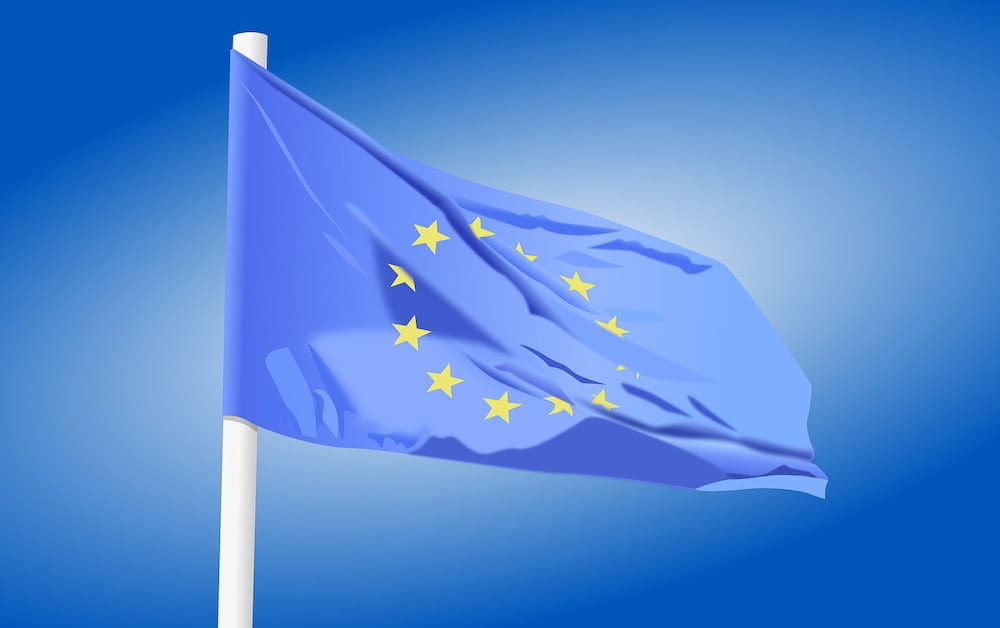
Data Protection Officers and Compliance
Under GDPR, many organizations must appoint a Data Protection Officer (DPO) to ensure compliance with data protection regulations. A DPO’s responsibilities include monitoring data processing activities, advising on data protection obligations, and acting as a liaison with data protection authorities. Organizations that regularly process large volumes of personal data or sensitive personal data must appoint a DPO. The DPO plays a critical role in helping organizations navigate the complexities of GDPR and other data privacy laws.
The DPO must ensure that personal data is handled with reasonable security practices and is protected against data breaches. If a breach occurs, it is the DPO’s duty to report it to the relevant data protection authorities within 72 hours. Failure to comply with these rules could lead to severe penalties for organizations.
Country-Specific Data Privacy Laws in the EU
Although GDPR provides a unified framework for data protection, individual EU countries have their own specific laws and regulations that further define consent and data privacy requirements. For instance, Germany’s Federal Data Protection Act (BDSG) supplements GDPR by providing more detailed rules on data processing and stricter requirements for obtaining consent, especially in the workplace.
The Personal Data Protection Act (PDPA) is also significant in countries like Argentina, Thailand, and Malaysia, establishing consent requirements for data collection, granting rights to data subjects, and promoting compliance with similar international regulations like the EU’s GDPR.
In France, the data protection authority, Commission Nationale de l’Informatique et des Libertés (CNIL), enforces the French Data Protection Act, which works in conjunction with GDPR. French law has its own provisions regarding the processing of sensitive personal data and data portability rights. Other countries, such as Italy and Spain, have also introduced their own laws to regulate data privacy in addition to GDPR.
Data Processing Principles
Data processing refers to any operation performed on personal data, including collection, storage, and analysis. Under GDPR, data processing must adhere to several principles, such as lawfulness, fairness, and transparency. The data controller must demonstrate a legal basis for processing, such as obtaining consent or processing for legitimate interests. The principle of data minimization requires organizations to collect only the necessary data for the specified purpose. Additionally, organizations must ensure the accuracy of personal data and allow data subjects to correct any inaccurate data.
Data must be stored securely, and organizations are expected to implement technical and organizational measures to protect it. Organizations must also adhere to the principle of data retention, which requires that personal data not be kept for longer than necessary.
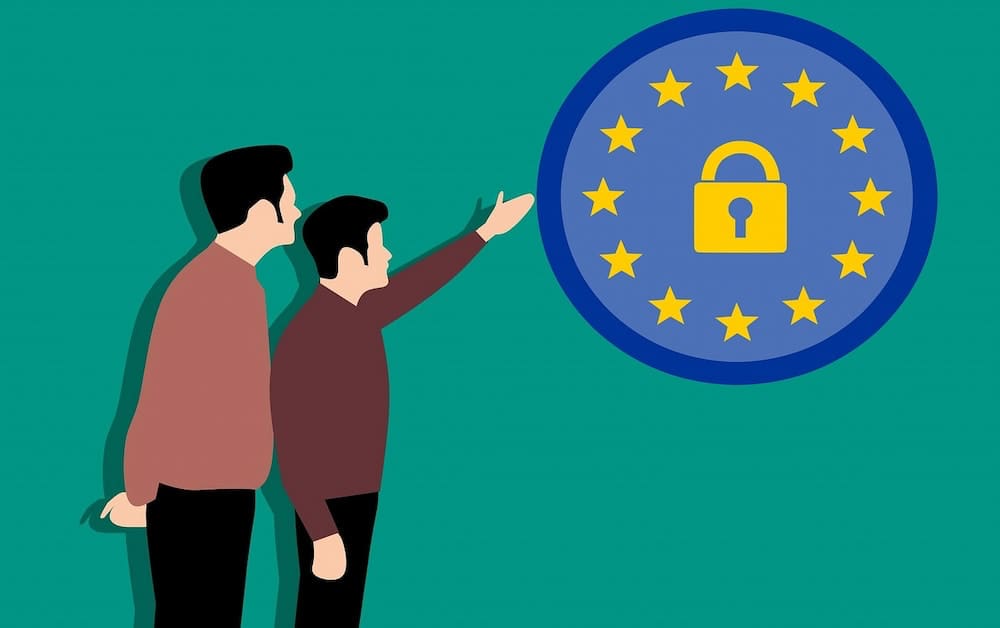
The Role of Data Controllers and Processors
In GDPR terminology, the data controller is the entity that determines the purposes and means of processing personal data. Data controllers are responsible for ensuring compliance with data protection laws, obtaining consent, and protecting personal data. They must work closely with data processors—entities that process data on behalf of the controller—to ensure that the data is processed securely and legally.
GDPR also outlines specific obligations for data processors, such as the requirement to process personal data only under the instruction of the controller. Both data controllers and processors are jointly liable for data breaches and must collaborate to meet the data protection standards established by GDPR.
Personal Data and Sensitive Data
Personally identifiable information refers to any information related to an identifiable individual, such as name, address, email, or IP address. Sensitive data includes information that reveals racial or ethnic origin, political opinions, religious beliefs, trade union membership, genetic data, biometric data, or data concerning health or sexual orientation. Processing sensitive data is subject to stricter conditions under GDPR. Organizations must obtain explicit consent before processing sensitive personal data, and additional safeguards must be in place to protect this type of information.
Data Subject Rights Under GDPR
One of the core objectives of GDPR is to empower individuals, or data subjects, with rights over their personal data. Data subjects have the right to access their personal data, rectify incorrect data, and request the deletion of data under the right to be forgotten. GDPR also provides the right to data portability, allowing individuals to transfer their data from one service provider to another.
Furthermore, data subjects have the right to restrict processing, object to processing on grounds such as legitimate interests, and be informed if their data is subject to automated decision-making or profiling. These rights ensure that individuals maintain control over how their personal data is used and processed by organizations.
Data Privacy Laws in the Private Sector
The private sector faces significant challenges in complying with data privacy regulations like GDPR. Businesses that collect personal data—whether for marketing, customer service, or direct marketing—must ensure that they obtain informed consent from individuals before processing their data. Private sector organizations are also responsible for protecting the data against unauthorized access, misuse, or data breaches.
It is crucial for laws to protect personal data in the private sector to ensure comprehensive data protection and privacy.
Compliance with data privacy laws requires private sector companies to implement reasonable security practices and data processing principles. Many companies appoint Data Protection Officers to ensure that their data handling practices adhere to legal requirements and best practices for data privacy.
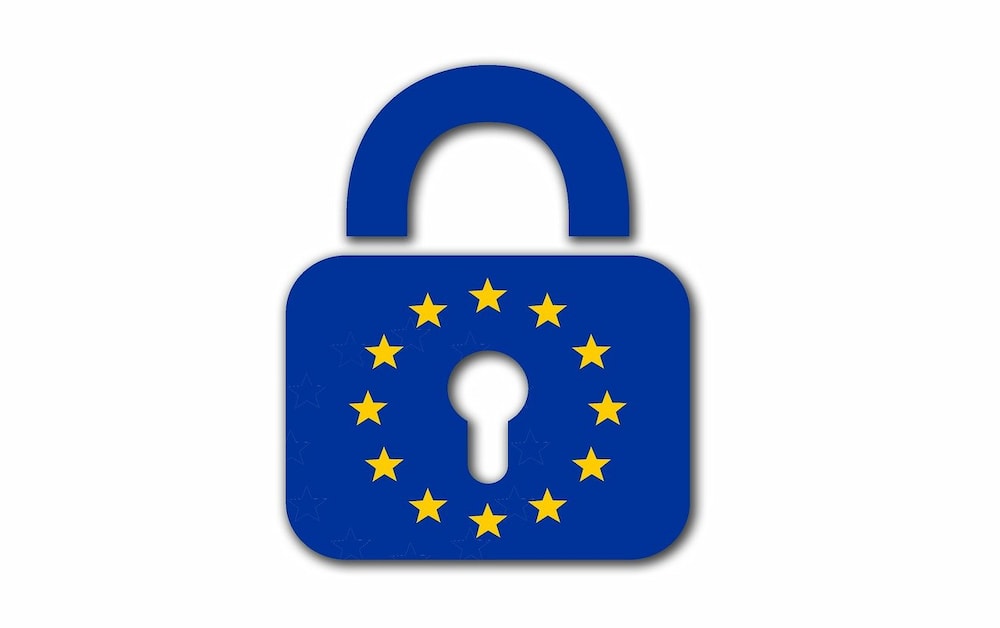
The Role of Data Protection Authorities
Data protection authorities (DPAs) play a crucial role in enforcing data privacy laws within the EU. Each EU member state has its own DPA that is responsible for overseeing compliance with GDPR and national data privacy laws. These authorities are empowered to investigate complaints, conduct audits, and impose fines on organizations that violate data protection rules.
DPAs also provide guidance and best practices to help organizations improve their data protection measures. In cases of cross-border data processing, DPAs from multiple countries may collaborate to ensure consistent enforcement of data protection laws.
Data Breach Notifications
Data breaches, defined as unauthorized access to personal data, must be reported to the relevant data protection authority within 72 hours of becoming aware of the breach under GDPR. This notification must include details of the nature of the breach, the data affected, and the steps taken to mitigate the damage. If the breach poses a high risk to the rights and freedoms of individuals, the affected data subjects must also be informed promptly.
Failure to report data breaches can result in hefty fines and reputational damage to organizations. Data controllers and processors must implement stringent security measures to prevent breaches and ensure compliance with GDPR.
Cross-Border Data Transfers
Cross-border data transfers are another critical aspect of data privacy laws. GDPR restricts the transfer of personal data to countries outside the EU unless they offer an adequate level of data protection. Organizations that wish to transfer data internationally must ensure that they use appropriate safeguards, such as standard contractual clauses and binding corporate rules, or obtain explicit consent from data subjects.
In some cases, international data transfers are allowed under special circumstances, such as for the performance of a contract or the protection of vital interests. However, organizations must take care to ensure that these transfers comply with GDPR requirements.
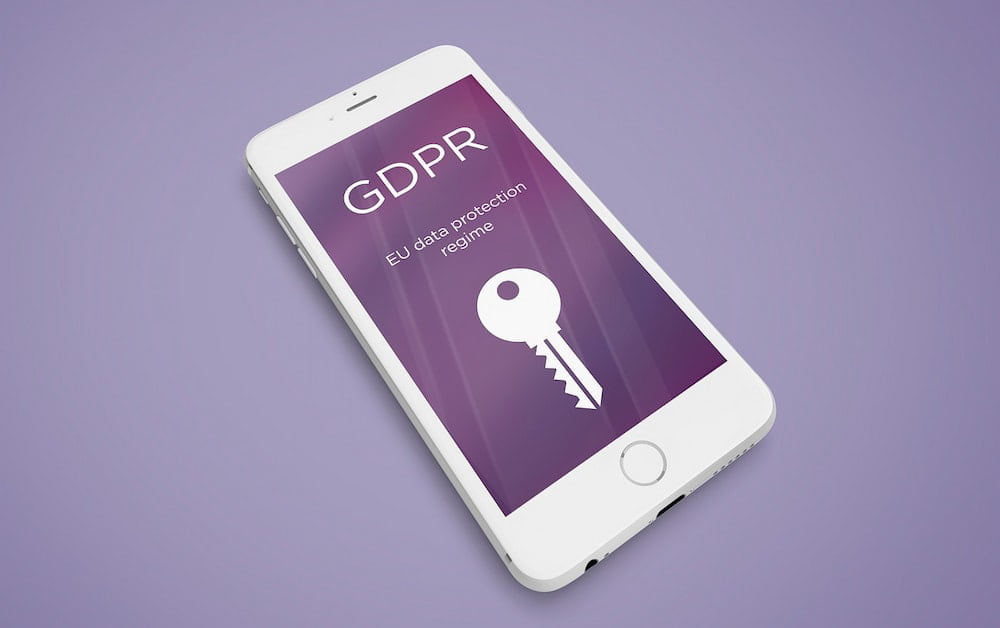
Data Privacy in Electronic Communications
Data privacy in electronic communications is governed by both GDPR and the ePrivacy Directive (often referred to as the “cookie law”). This directive regulates how organizations can collect and process data from electronic communications, including email, messaging, and online services. One of the key requirements is that organizations must obtain consent before collecting personal data through electronic communications, such as the use of cookies on websites.
The ePrivacy Directive will be replaced by the ePrivacy Regulation, which will enhance the protection of personal data in electronic communications across the EU. The new regulation aims to provide stronger protections for user privacy while simplifying rules for businesses.
Data Privacy Legislation in Non-EU Countries
While the GDPR is a significant milestone in data privacy within the EU, countries outside the EU have their own data privacy legislation. For example, the California Consumer Privacy Act (CCPA) in the United States and the Personal Data Protection Bill in India both set forth requirements for the protection of personal data. These laws share some similarities with GDPR, such as the emphasis on obtaining consent and the protection of personal data, but they also have their own unique provisions.
China’s Personal Information Protection Law (PIPL) is another significant regulation, marking the country’s first comprehensive data protection law that addresses data privacy issues such as data leakage. It establishes a legal framework with enhanced requirements compared to previous laws and other global regulations like GDPR, impacting personal rights and compliance for organizations.
Companies that operate globally must navigate these various data privacy laws to ensure compliance across jurisdictions. This can be particularly challenging for businesses that process large volumes of personal data from multiple countries.
The Future of Data Privacy in the EU
As technology continues to evolve, so too do the challenges associated with data privacy. The European Union is continuously adapting its legal framework to address new threats and ensure the protection of personal data. The upcoming ePrivacy Regulation, along with potential updates to GDPR, will likely provide stronger protections for individuals while also imposing additional responsibilities on businesses.
Emerging technologies, such as artificial intelligence and blockchain, present new privacy risks that the EU will need to address in future legislation. Ensuring the continued protection of personal data in an increasingly digital world will be a priority for lawmakers and regulators in the years to come.
Conclusion
EU consent requirements and data privacy laws, led by the GDPR, have set a global standard for the protection of personal data. These laws aim to safeguard individuals’ privacy while also providing businesses with clear rules for processing personal data. From obtaining informed consent to appointing Data Protection Officers, the GDPR and country-specific regulations place the protection of personal information at the forefront. As data privacy continues to evolve, businesses and individuals alike must remain vigilant in ensuring compliance with these laws and protecting sensitive data from misuse or breaches.

